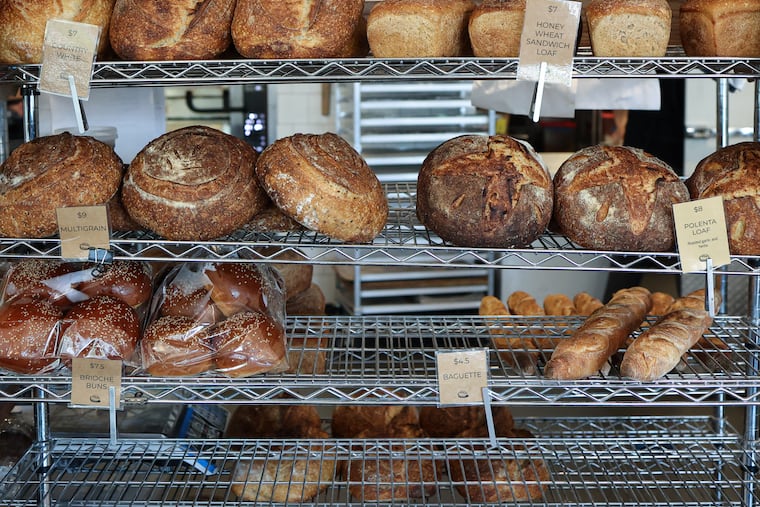Colombian army reports 57 soldiers abducted in conflict-ridden southwestern region.

President Gustavo Petro of Colombia has emphasized the urgency of securing the release of over 50 soldiers who were recently detained by civilians in a remote mountainous region of the country. This incident highlights the ongoing challenges the nation faces amidst a complex security landscape characterized by both historical tensions and contemporary issues related to drug production.
The Colombian army has confirmed that a contingent of soldiers was initially surrounded during an operation in El Tambo, situated within the Micay Canyon area, which is notorious not only for its cocaine production but also for the prevailing security crisis. Following this event, another group of soldiers found themselves encircled by approximately 200 local residents as they progressed toward the nearby town of El Plateado.
According to military reports, a total of four noncommissioned officers and 53 professional soldiers currently remain in custody. General Federico Alberto Mejia, who oversees military activities in the southwestern region, described the situation as a “kidnapping” instigated by rebel factions allegedly integrated within the local populace. The army asserts that these civilians are following directives from the Central General Staff (EMC), which represents a dissident faction of the Revolutionary Armed Forces of Colombia (FARC) that opted out of the peace agreement established with the government in 2016.
In light of these unsettling developments, President Petro has taken to social media to assert that the release of the detained soldiers is a matter of utmost importance, reiterating his commitment to restoring peace across Colombia. His administration has been actively seeking strategies to enable military access to Micay Canyon—a pivotal step toward stabilizing the region.
However, Petro’s government faces substantial obstacles in quelling violence both in urban and rural areas, as various armed groups vie for control over territories that were vacated by FARC following the peace deal. The resurgence of conflict has instilled a palpable fear among many Colombians, echoing the turbulent period of the 1980s and 1990s that was marked by cartel-related violence and political assassinations.
Efforts toward peace have encountered setbacks, particularly following the breakdown of negotiations between the FARC-EMC faction and the government last year, which were exacerbated by a series of violent incidents targeting Indigenous communities. The current climate poses both challenges and opportunities for Colombia to navigate its path toward lasting peace.
#PoliticsNews #MiddleEastNews






